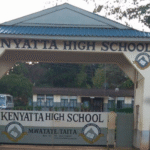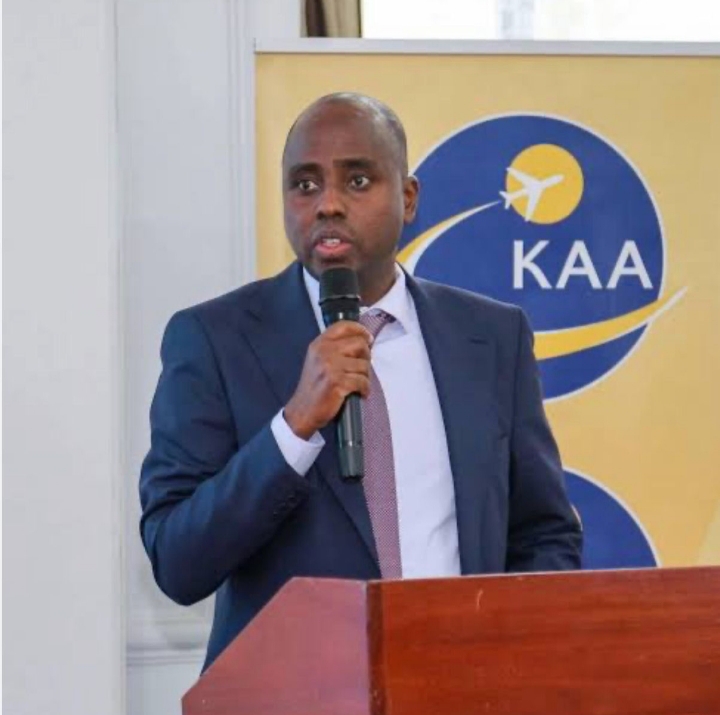A recent diplomatic setback has placed the Kenya Airports Authority (KAA) under the spotlight after its Chief Executive Officer, Dr. Mohamud M. Gedi, was denied a U.S. visa under Section 221(g) of the Immigration and Nationality Act.
The decision came just before a high-level aviation security meeting with the U.S. Transportation Security Administration (TSA), creating uncertainty around his international engagements and raising questions about the leadership of Kenya’s aviation sector.
Reports indicate that the visa denial is linked to ongoing administrative reviews surrounding unconfirmed allegations touching on corruption, terrorism, and narcotics trafficking.
The development has stirred concern both locally and internationally, especially given Dr. Gedi’s senior position in charge of Kenya’s airport operations and security systems.
Sources suggest that U.S. authorities flagged Dr. Gedi’s application for additional administrative processing, citing national security and integrity concerns.
According to a letter from TSA Attaché for East and South Africa, Mr. Edwin Falcon Jr., the visa application had been properly filed with all required documents but was denied pending further scrutiny.
Under U.S. law, the responsibility to prove eligibility lies with the applicant, and the process can be halted when questions of corruption or security are raised.
The U.S. decision is seen by observers as part of a broader global effort to tighten oversight on corruption and security risks within strategic infrastructure sectors such as aviation.
The denial comes at a sensitive time when Jomo Kenyatta International Airport (JKIA) is under investigation following reports that 20 kilograms of cocaine were trafficked through the facility and later seized at Heathrow Airport in London.
A suspect who began the journey from Nairobi is currently facing charges in the United Kingdom. This incident has placed the spotlight on Kenya’s airport security management, raising fears of internal complicity and weak oversight.
It also adds weight to claims that top KAA officials have been running questionable development projects at JKIA and Wilson Airport projects allegedly designed to siphon public funds under the guise of infrastructure upgrades.
Despite the controversy, the bilateral meeting between Kenya and the TSA during the 41st ICAO Assembly in Montreal proceeded without Dr. Gedi’s attendance.
The Acting TSA Administrator, Ms. Ha Nguyen McNeill, led discussions focusing on advancing aviation security partnerships.
The meeting agenda included progress on the One Stop Security program, support for African nations in international aviation frameworks, and upgrades to security infrastructure at JKIA and Moi International Airport.
Plans for expanding AVSEC training and conducting a biometric study tour at Frankfurt International Airport were also discussed, signaling continued cooperation between the two nations.
Dr. Gedi, who has built a reputation for pushing modernization in Kenya’s air transport systems, now faces increasing scrutiny from both local agencies and international partners.
Although no official charges have been filed, the visa refusal has dealt a blow to his credibility and exposed the vulnerability of Kenya’s aviation leadership.
The Ministry of Transport and the KAA are expected to issue statements to clarify the situation, but the silence so far has fueled speculation about deeper problems within the sector.
The U.S. government’s stance highlights growing impatience with corruption and poor governance in Africa’s critical infrastructure spaces, and Kenya’s aviation authority may soon find itself under formal review if more irregularities emerge.





















Add Comment